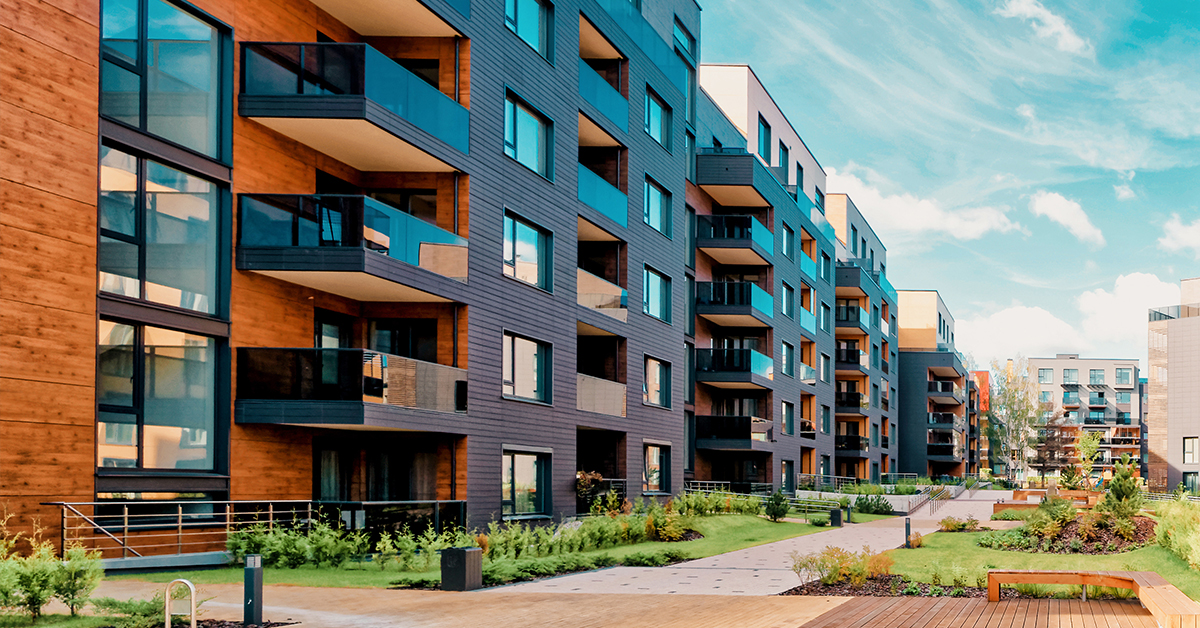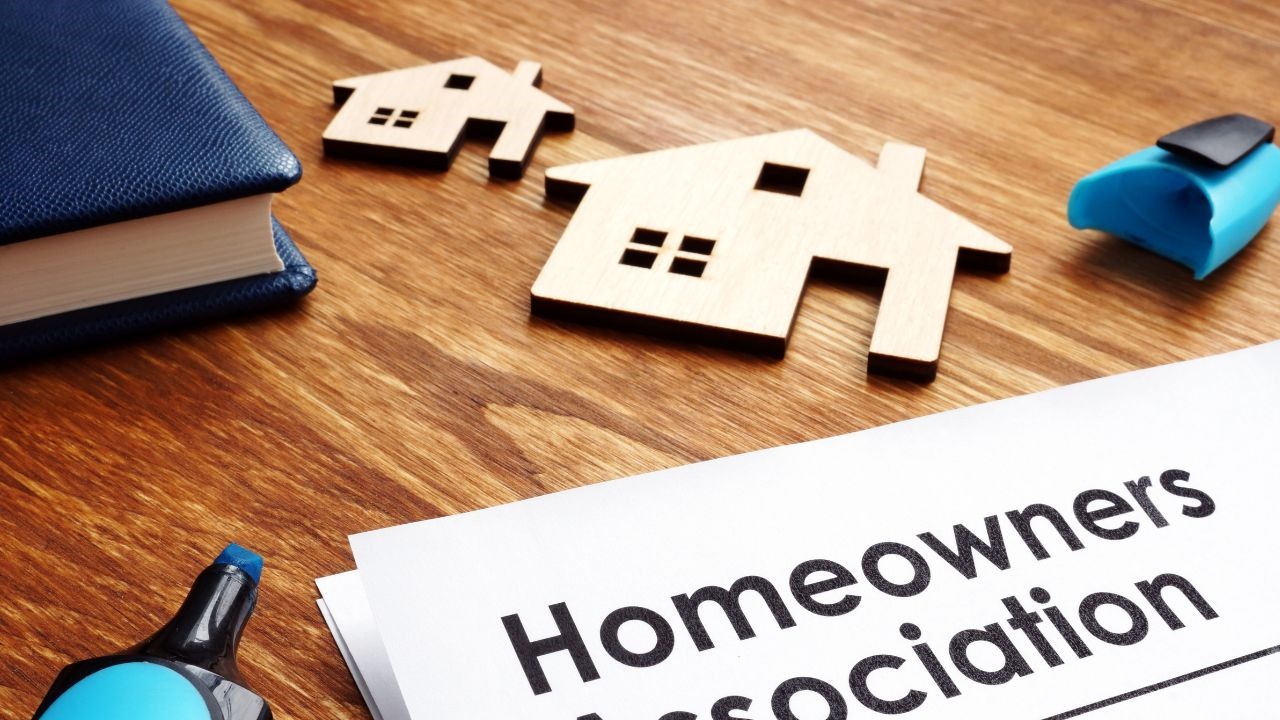Exploring the Responsibilities of HOA Condo Residents
Exploring the Responsibilities of HOA Condo Residents
Blog Article
The Role of an HOA in Establishing and Enforcing Community Standards for Homeowners
The duty of a Homeowners Association (HOA) in applying and developing neighborhood standards is fundamental to maintaining a orderly and natural residential setting - hoa condo. By developing clear regulations that govern aspects such as home upkeep and neighborhood conduct, the HOA not only establishes criteria for residents but additionally promotes a feeling of belonging and liability. The implementation of these guidelines can offer different difficulties, raising concerns concerning fairness, communication, and neighborhood involvement. As we explore these complexities, it comes to be apparent that the impact of an HOA extends far past simple policy enforcement.
Understanding House Owners Organizations
Homeowners organizations (HOAs) offer as controling bodies for property neighborhoods, playing an essential role in maintaining building values and promoting a feeling of neighborhood. Normally developed by designers, HOAs are composed of home owners within a designated location who elect a board to manage the association's tasks. The primary functions of an HOA consist of enforcing area rules, taking care of usual locations, and organizing area occasions.
HOAs operate under a collection of governing records, consisting of conditions, constraints, and covenants (CC&R s), which outline the legal rights and duties of homeowners. These policies aim to guarantee that properties are maintained to a certain criterion, therefore safeguarding the visual charm and general value of the community. Furthermore, HOAs typically collect charges from property owners to money maintenance, landscape design, and other neighborhood services.
The existence of an HOA can significantly affect the living experience within an area (hoa condo). While some citizens appreciate the organized environment and amenities supplied, others may find specific laws limiting. Balancing the passions of all house owners is necessary for an HOA to function successfully, guaranteeing that it offers its designated purpose of improving neighborhood living while valuing specific property owner rights
Establishing Community Standards

To start, an HOA needs to carry out surveys or hold meetings that enable homeowners to articulate their suggestions and issues. This participatory process promotes a sense of ownership and increases conformity. Next, the HOA board should evaluate the responses to determine common motifs and concerns that call for formal incorporation in the standards.
It is likewise necessary to make sure that the guidelines are clear, concise, and easily understood. Obscurities can cause conflicts and misconceptions, weakening the function of the standards. The guidelines must be comprehensive, covering various elements of area living, including property upkeep, noise levels, and use of common areas.
Enforcement of Guidelines
Effective enforcement of neighborhood guidelines is vital for keeping order and guaranteeing that all homeowners follow the established standards. An HOA should implement a structured strategy to impose these guidelines, which frequently entails a mix of tracking, communication, and penalties for non-compliance.
First, regular assessments and community patrols can help determine infractions, making sure that guidelines are constantly used across the community. This positive monitoring permits the HOA to deal with concerns prior to they intensify, promoting a feeling of responsibility among homeowners.
2nd, clear interaction is important. Locals ought to be informed of the guidelines and the procedures for reporting violations. An open line of interaction encourages homeowners to voice issues and seek clarification on standards, which can improve conformity.

Finally, when violations occur, the HOA needs to apply consequences as detailed in the governing records. This may include advising letters, penalties, or, in serious situations, lawsuit. It is necessary that charges are applied relatively and continually to maintain trust fund within the community. By effectively implementing rules, an HOA can cultivate try here a harmonious living atmosphere that shows the collective values of its homeowners.
Advantages of HOA Laws
Various benefits emerge from the execution of HOA regulations, which offer to boost the top quality of life within a neighborhood. One main benefit is the upkeep of property values. By applying standards for appearances and maintenance, HOAs make certain that homes and typical locations stay attractive, fostering a preferable living setting that can bring about raised property worths in time.
In addition, HOA regulations advertise consistency and harmony within the community. This coherence in design and upkeep assists to produce a feeling of belonging among locals, contributing to neighborhood satisfaction and a positive environment. Moreover, developed guidelines assist in problem resolution amongst next-door neighbors by supplying clear expectations and protocols for behavior, thereby decreasing conflicts.
An additional considerable advantage is the arrangement of shared facilities and services. Several HOAs handle community centers such as parks, pools, and clubs, which boost entertainment opportunities for homeowners. These features not only enhance the high quality of life but likewise urge social communication.
Ultimately, the guidelines set forth by an HOA cultivate a well-organized, harmonious area, making certain that residents delight in a high criterion of living while promoting a supportive environment for all homeowners.
Usual Obstacles Faced by HOAs
In the middle of the benefits that homeowners organizations (HOAs) can give, they likewise experience a selection of difficulties that can hinder their efficiency. One considerable issue is the lack of resident involvement. Numerous home owners might not join meetings or community tasks, resulting in a detach between the HOA board and homeowners. This disengagement can lead to misconceptions concerning area standards and an absence of assistance for enforcement efforts.
Conflicts can emerge when locals feel that enforcement is irregular or prejudiced, possibly leading to conflicts within the community. Furthermore, HOAs commonly face financial restrictions, which can restrict their ability to preserve common areas or fund community jobs.
Moreover, navigating legal complexities can be discouraging for HOAs. They should ensure conformity with state regulations while managing their very own controling records, which can be a resource of confusion. Lastly, progressing and changing demographics neighborhood needs call for HOAs to adapt their guidelines, commonly meeting resistance from enduring residents who are accustomed to typical standards. Addressing these challenges is critical for promoting a harmonious and thriving area.
Final Thought

By creating clear regulations that govern aspects such as residential or commercial property maintenance and community conduct, the HOA not just establishes criteria for homeowners yet also cultivates a feeling of belonging and responsibility.Homeowners organizations you could try this out (HOAs) serve as controling bodies for household communities, playing a critical function in keeping home worths and fostering a sense of neighborhood. Many home owners may not get involved in meetings or area tasks, leading to a detach in between the HOA board and locals. Transforming demographics and developing neighborhood needs call for HOAs to adjust their standards, often meeting resistance from long-standing locals who are accustomed to traditional norms. Through the development of clear regulations and regular enforcement, HOAs promote residential property upkeep, neighborhood pride, and count on among residents.
Report this page